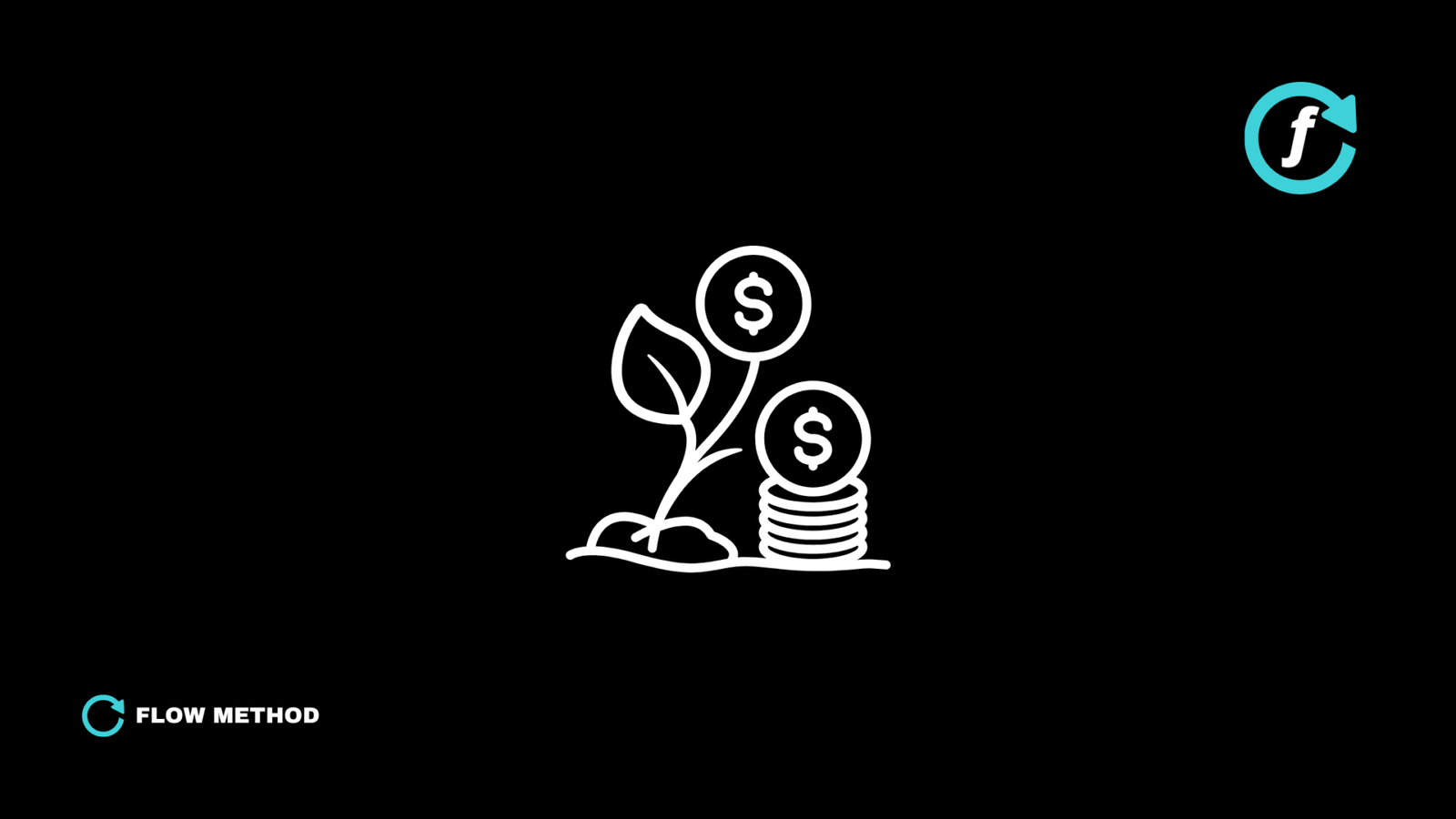Starting a business with no money might seem impossible, but with creativity, resourcefulness, and strategic planning, you can turn your entrepreneurial dreams into reality. Many successful businesses have started on a shoestring budget, relying on ingenuity and determination rather than large investments.
In this guide, we’ll explore actionable steps and practical strategies for starting a business with no money, allowing you to overcome financial constraints and build a strong foundation for growth.
Is It Possible to Start a Business With No Money?
Yes, it’s absolutely possible to start a business without upfront capital.
By leveraging free resources, focusing on low-cost business models, and tapping into your existing skills and network, you can launch a business without significant financial investment.
Why Start a Business With No Money?
- Low Risk: Starting small minimizes financial risks.
- Resourcefulness: Forces you to think creatively and make smart decisions.
- Scalability: Many businesses can grow organically once they gain traction.
Step 1: Leverage Your Skills and Expertise
The best businesses to start with no money often rely on skills you already have.
Questions to Ask Yourself:
- What skills or talents do I have that others need?
- Can I offer services or create products with minimal resources?
- How can I monetize my knowledge or experience?
Examples of Skill-Based Businesses:
- Freelance writing, graphic design, or web development.
- Tutoring or teaching a specific skill online.
- Virtual assistant services for small businesses.
Step 2: Choose a Low-Cost Business Model
Certain business models require little to no upfront investment, making them ideal for budget-conscious entrepreneurs.
Examples of Low-Cost Business Models:
- Service-Based Businesses: Provide a service that requires minimal tools or resources.
- Example: Social media management, content writing, or pet sitting.
- Freelancing: Offer your expertise on platforms like Upwork, Fiverr, or Toptal.
- Affiliate Marketing: Promote products and earn commissions for sales.
- Print-on-Demand: Sell custom-designed products like T-shirts or mugs without holding inventory.
Why It Matters:
These models allow you to start earning income quickly without significant overhead costs.
Step 3: Use Free or Affordable Tools
Thanks to technology, there are countless free and affordable tools available to help you start and run your business.
Recommended Tools:
- Website Building: Use free platforms like SiteMake or WordPress.com to create a basic website.
- Graphic Design: Design logos and marketing materials with Canva.
- Project Management: Organize tasks and deadlines with Dubsado or Airtable.
- Email Marketing: Start with free plans on platforms like Flodesk.
Why It Matters:
These tools help you establish a professional presence without spending money upfront.
Step 4: Start Small and Scale Gradually
When starting with no money, it’s important to focus on one or two core offerings and expand as your business grows.
How to Start Small:
- Offer a single service or product that’s easy to deliver.
- Use word-of-mouth and social media to reach your first customers.
- Reinvest initial profits into growing your business.
Why It Matters:
Starting small reduces pressure and allows you to build your business incrementally.
Step 5: Tap Into Free Marketing Channels
Promoting your business doesn’t have to cost a fortune. By leveraging free marketing channels, you can build an audience and attract customers.
Effective Free Marketing Strategies:
- Social Media: Use platforms like Instagram, Facebook, and LinkedIn to showcase your offerings.
- Content Marketing: Write blogs or create videos that provide value to your target audience.
- Networking: Attend local events or join online communities related to your niche.
- Word-of-Mouth: Ask friends, family, and satisfied customers to spread the word.
Why It Matters:
Free marketing channels help you reach potential customers without spending money on advertising.
Streamline your startup journey with tools and templates at Flow Method Templates.
Step 6: Barter or Collaborate
If you lack funds, consider bartering services or collaborating with others to gain access to the resources you need.
Examples of Bartering:
- Offer your skills in exchange for website development, photography, or marketing.
- Partner with another entrepreneur to share resources and split profits.
Why It Matters:
Bartering allows you to access valuable resources without spending money.
Step 7: Bootstrap Your Finances
While starting with no money is possible, you may eventually need small amounts of capital to grow your business. Bootstrapping involves using your own resources or small-scale funding to support growth.
Ways to Bootstrap:
- Save a portion of your income from a day job to fund your business.
- Reinvest profits from early sales into expanding your offerings.
- Use free or low-interest credit options carefully to cover essential expenses.
Why It Matters:
Bootstrapping keeps you in control of your business and avoids the need for large loans or investors.
Step 8: Focus on Customer Experience
Providing excellent service or delivering high-quality products is key to building customer loyalty and generating repeat business.
How to Create Great Experiences:
- Communicate clearly and respond to inquiries promptly.
- Deliver on your promises with consistent quality.
- Ask for feedback and use it to improve your offerings.
Why It Matters:
Happy customers are more likely to recommend your business to others, helping you grow organically.
Step 9: Monitor Progress and Adjust
Regularly review your progress and adapt your strategies based on what’s working and what isn’t.
What to Monitor:
- Revenue and expenses.
- Customer feedback and reviews.
- Performance of marketing channels.
Why It Matters:
Flexibility ensures you stay on track and continue to grow despite limited resources.
Conclusion: Start Where You Are
Starting a business with no money is entirely possible with creativity, hard work, and a willingness to adapt. By focusing on low-cost business models, leveraging free tools, and building strong customer relationships, you can create a thriving venture without significant financial resources.
Remember, every successful entrepreneur started somewhere. Take the first step today, and build a business that aligns with your vision and goals.
Ready to start your journey on a budget? Join the Flow Method Community for expert guidance and support:
Flow Method Community


